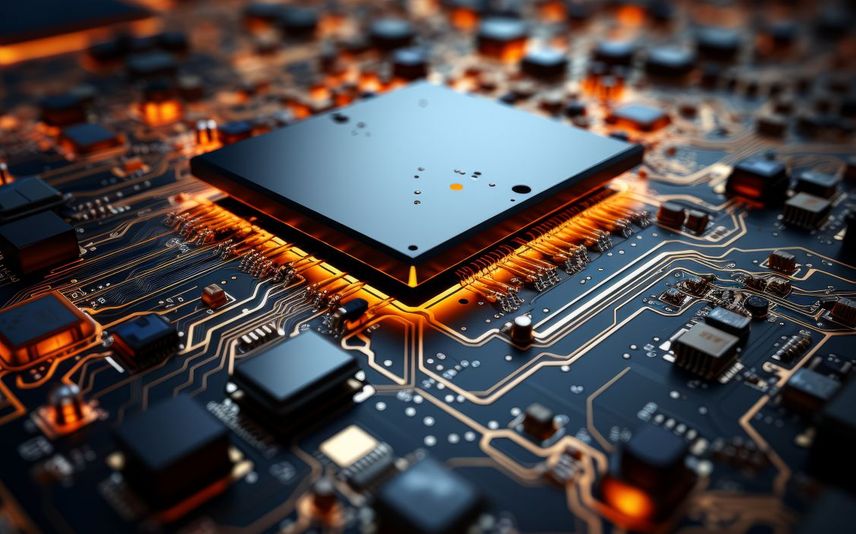In a significant move for the technology sector, Nvidia has announced that it will begin producing its advanced AI chips and supercomputers in the United States. This marks the first time the company is manufacturing its AI supercomputers entirely within the US borders, signaling a major shift in its production strategy. The announcement underscores Nvidia's commitment to bolstering domestic AI infrastructure and supply chain resilience.
Nvidia's plans involve a substantial investment in US-based manufacturing, with projections reaching up to $500 billion over the next four years. This investment will be channeled into constructing and equipping facilities to build and test its cutting-edge Blackwell chips in Arizona and AI supercomputers in Texas. The company has already commissioned over a million square feet of manufacturing space to accommodate these operations.
The Blackwell chips have commenced production at Taiwan Semiconductor Manufacturing Co. (TSMC) facilities in Phoenix, Arizona. Concurrently, Nvidia is establishing supercomputer manufacturing plants in Texas, partnering with Foxconn in Houston and Wistron in Dallas. Mass production at these plants is anticipated to ramp up within the next 12 to 15 months.
Nvidia's CEO, Jensen Huang, emphasized the strategic importance of this move, stating that it will help the company better meet the escalating demand for AI chips and supercomputers. He also highlighted that bringing manufacturing to the US will strengthen the company's supply chain and improve its overall resilience.
This initiative is expected to have a significant impact on job creation and economic growth. Nvidia anticipates that manufacturing AI chips and supercomputers in the US will generate hundreds of thousands of jobs and contribute trillions of dollars to the nation's economic security in the coming decades. These AI supercomputers will serve as the backbone for "AI factories," which are essentially data centers designed specifically for processing AI. It is expected that many of these "gigawatt AI factories" will be constructed in the coming years.
Nvidia is collaborating with several key manufacturing partners, including TSMC, Foxconn, Wistron, Amkor, and SPIL, to establish this domestic AI supercomputer supply chain. These companies are deepening their partnerships with Nvidia, expanding their global footprint, and enhancing supply chain resilience. Amkor and SPIL will also be involved in providing packaging and testing operations in Arizona.
The company also intends to use its advanced AI, robotics, and digital twin technologies to design and manage its manufacturing facilities. This includes utilizing Nvidia Omniverse to create digital twins of factories and Nvidia Isaac GR00T to develop robots for automating manufacturing processes.
The move has been interpreted by some as a response to the Trump administration's push for local manufacturing and the potential impact of tariffs on imported technology. However, Nvidia's decision to onshore chip manufacturing is likely a multifaceted one, driven by a combination of factors including trade uncertainties, the CHIPS Act, and the long-term strategic benefits of having a domestic supply chain.

















